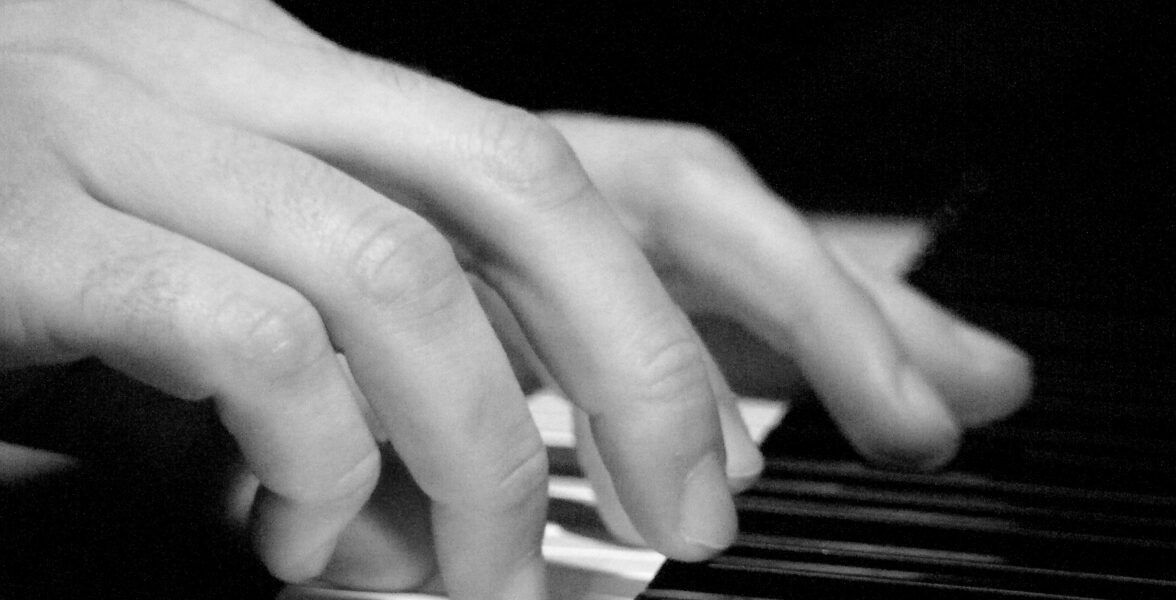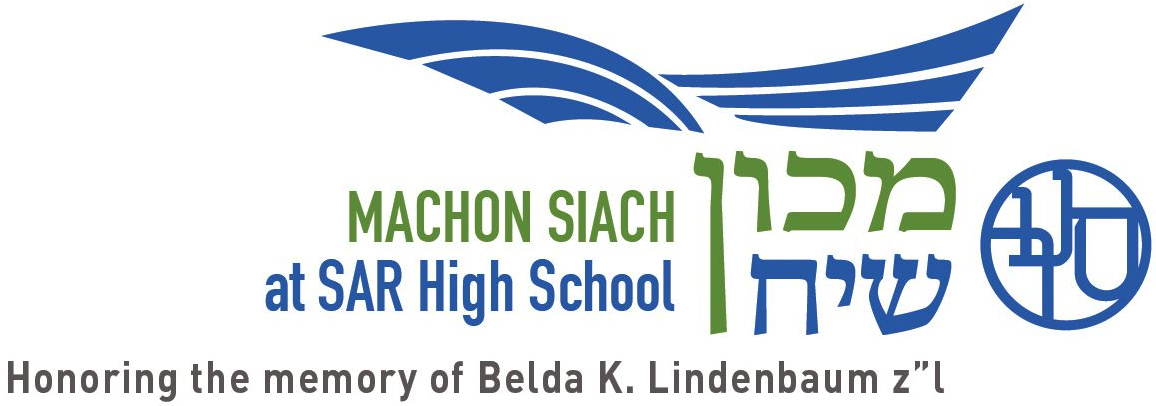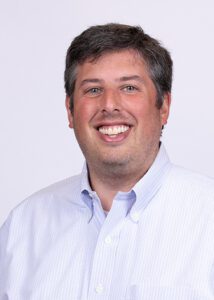
The Beauty in Taking Risks
In the spring of 2020, as the world was quickly becoming isolated and remote, musicians and music educators were thrown into a particular crisis. With no large gatherings allowed, musicians had no audiences to perform in front of, and the traditional means of making music in groups like choirs, bands, orchestras, and small ensembles were no longer safe. In fact, choirs were considered an especially high risk activity that wouldn’t be allowed for another two years. Society pivoted to Zoom, which was fine for conversations, meetings and lectures but was poorly adept for simultaneous sounds. With its problems of lagging, asynchronicity, and poor sound quality, there was no good way of making music together.
And yet, as musicians and teachers, we knew that there was still an emotional and artistic need for music and that composition and performance could provide meaning, solace and comfort in a world that was closed off and lonely. Musicians have always commented through their art, and there was a need for them to continue to do so.
And so we, too, pivoted to various media that allowed us to engage. There were solo recitals, old recordings, Zoom lessons, and people returning to dusty, forgotten instruments in the attic. And musicians and technology experts around the world found amazing ways to produce videos and recordings. We asked friends, students, and community members to submit recordings of themselves performing solo and, through studio magic, we spliced together complete performances, showcasing our groups and students in their homes, around their communities, and across the world. We were uplifted by groups from near and far with music that was meaningful and of the moment.
At SAR, I had the opportunity to work with our high school choir alumni, some of whom I haven’t been in touch with for more than a dozen years. The problem – and the amazing feat – is that we sounded better than we would have had we been singing in a room together. Digital technology had evolved to allow us to take 25 individual recordings, align them rhythmically, autotune them, mix and master them, and make them sound nearly as good as any professional studio recording. Jewish day schools, large choral groups, and Broadway casts all had their own version.
Even with all the joy and connection those videos provided, we lost something deeply important in the process. We lost rigor, skill, rehearsal: the importance of making music together as a group of people with a unified process. Those are the best parts of the ensemble! And we set for ourselves an unfair standard: the standard of a recording studio. In the studio, we could make every note perfect. Live performance is not like that. And while we might love to debate the qualities of the recording studio versus the live performance recording of particular bands and ensembles, when it comes to music education, we have unfortunately set up audience and performer expectations that are simply unnatural. An 8th grade chorus really shouldn’t sound like the chorus from a professional Broadway production company. That’s not how students learn to make music, and it’s not how audiences learn what’s realistic either.
By “perfecting” our music, we lost those important steps of practice and performance, of truly making music together. But, on a larger level, our students also lost the sense that it’s okay to take a risk. Things might not be perfect, but that’s okay. Even better than okay; it’s part of the process.
In a New York Times op ed, David Brooks wrote about Gen Z’s propensity for risk aversion. He cited hyper-cautious parenting that exaggerates the dangers in life coupled with a media culture and political culture that magnify a sense of menace to create a generation of children who avoid risk at all costs. There are benefits to this approach to living: emergency rooms visits are down; teens are delaying sex; they avoid the use of drugs and are less likely to get into fights and car accidents. But being unable to tolerate “safe risk” also makes them less likely to experiment in healthy ways, try new things, and open themselves to valuable experiences that they wouldn’t otherwise have.
These young people are also less likely to tolerate the often painful process of slowly getting better at something while making a lot of mistakes along the way. Art, fashion, sports, and music are all the domains of the talented, the experts. With a digital world that sends footage to everyone, everywhere in an instant, we can no longer tolerate being seen as works in progress. It’s too embarrassing to allow others to see you as less than perfect.
But that’s exactly what we do in music education. We teach a process. We don’t expect perfection because it’s an unattainable goal. We encourage students to put themselves out there, taking healthy risks, auditioning for something, picking up a new instrument, reaching for a note you’ve never hit before. You might get the part or you might not, but all will be okay. Trust the process, make mistakes. A beginning band doesn’t make the crowd go wild, but they are supposed to sound slightly out of tune and squeaky. That’s part of the journey to stardom. Hard work is rewarded in the long term, but you have to be willing to jump in and start the process.
And we, music educators, have contributed to this risk aversion by releasing perfect, overly engineered recordings with all the mistakes removed. We have participated in the illusion that kids sing perfectly on key; that childrens’ choirs should sound like professional choruses; that the recordings represent the natural talent of the students rather than the magic of autotune and autocorrect. We have put out videos of smiling faces, erasing the tears and heartache that are part and parcel of growing up and developing. And, as we have returned to live performance, the illusion is being shattered as kids and audiences wonder why they don’t quite measure up.
It is our responsibility in the coming years to re-educate. We need to reset expectations, embrace the process of imperfection, encourage healthy risk, and teach how to tolerate failure and inevitable mistakes. We should celebrate students who squeak out some bad notes on the clarinet and whose voices crack when they reach for difficult notes. When we do that, we engage in the arts as a process of expressing oneself in a deep, beautiful, and authentic way, mistakes and all.



